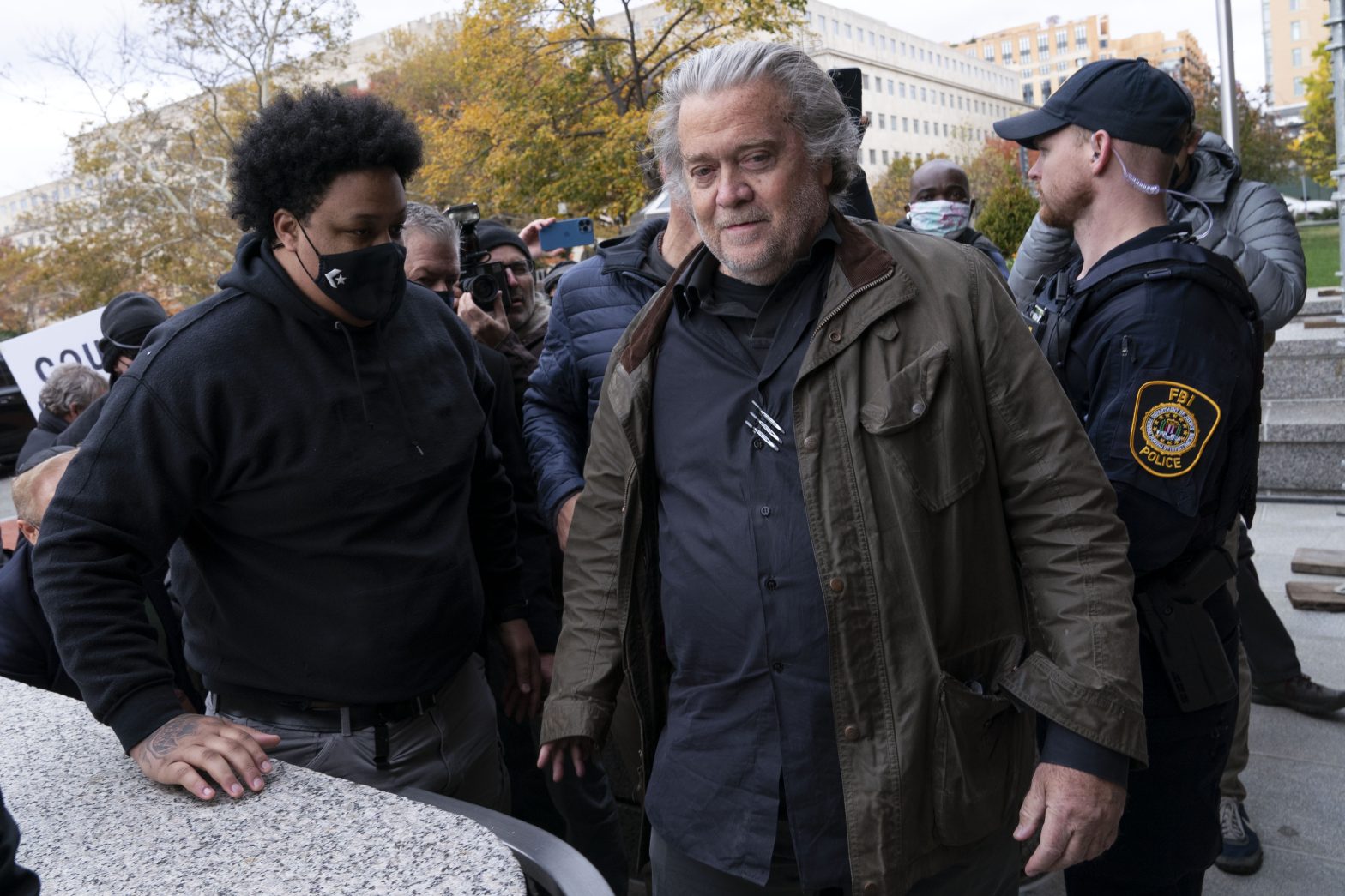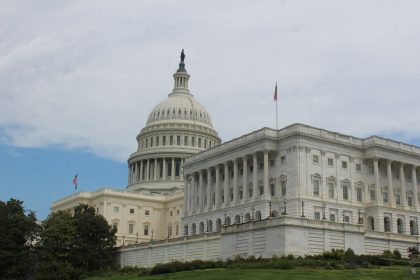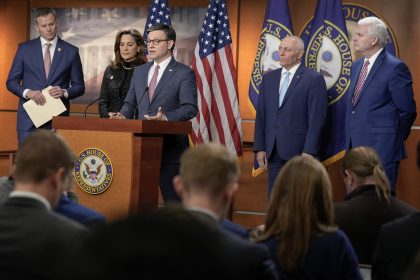House Democrats File Amicus Brief in Steve Bannon Prosecution

WASHINGTON — U.S. House Democrats are trying to intervene in the upcoming trial of Trump advisor Steve Bannon to counter his request to a federal court to dismiss charges against him for contempt of Congress.
They have prepared an amicus brief that calls Bannon’s arguments “deeply flawed.”
Bannon refused to comply with a subpoena to testify before the House committee investigating the Jan. 6, 2021, insurrection at the Capitol. He is set for trial in July.
He argued in his motion for dismissal that the House Select Committee lacked authority to subpoena anyone because its members were improperly appointed under the procedures authorized by Congress.
As a result, the U.S. District Court for the District of Columbia should intervene by protecting Bannon from prosecution, his motion says.
The House Select Committee to Investigate the Jan. 6th Attack on the United States Capitol was authorized under a congressional resolution that says, in part, “The speaker [of the House] shall appoint 13 members to the select committee, five of whom shall be appointed after consultation with the minority leader.”
The speaker of the House refers to Rep. Nancy Pelosi, D-Calif. The minority leader refers to Rep. Kevin McCarthy, R-Calif.
“Nonetheless, the speaker did not follow this mandatory language,” Bannon’s motion says. “In an unprecedented step, the speaker rejected the nominees suggested by the minority leader. …”
It adds that Pelosi “instead appointed nine members to the select committee of her own choosing.”
The result was that Bannon says he should be allowed to ignore the subpoena because of Pelosi’s inappropriate appointment procedures.
He also claims that he is being prosecuted not for his own wrongdoing but “to send a message to other potential deponents.”
The House amicus brief answers that the procedures were a matter of the House speaker’s discretion under the internal rules of Congress. It also says the separation of power described in the Constitution means a federal court lacks jurisdiction to decide the issue.
Bannon’s arguments “ignore the deference that a court owes the House regarding the meaning and application of its own rules and procedures, and the presumption of regularity due Congress,” the House amicus brief says.
An amicus curiae, or friend of the court, brief is a court filing by an individual or organization that is not a party to a legal case, but is allowed to contribute information, expertise or insight that has a bearing on the issues.
When Bannon was indicted by a grand jury last year, the evidence against him included his public statements before the Jan. 6, 2021, insurrection.
He predicted on his podcast on Jan. 5, 2021, that “[a]ll hell is going to break loose tomorrow.” He also said that “[s]o many people said, ‘Man, if I was in a revolution, I would be in Washington.’ Well, this is your time in history.”
At another point, he said the United States was facing a “constitutional crisis,” adding, “That crisis is about to go up about five orders of magnitude tomorrow.”
Bannon’s predictions of insurrection led to accusations from lawmakers that he might have inside information about the Trump administration’s effort to incite the mob. He has denied any involvement.
Pelosi explained why she wanted the amicus brief filed in the Bannon case by saying in a statement, “No one is above the law. As the House’s amicus brief makes crystal clear, the subpoena of Steve Bannon issued by the select committee is legally valid, urgently needed and must be enforced. Bannon is a key witness to the Jan. 6 insurrection, who holds information central to the House’s investigative and legislative efforts to defend American democracy.”
So far, Bannon has lost in his previous attempts to avoid punishment.
On April 6, a federal judge granted prosecutors’ request to block Bannon from asserting at trial that he should not be liable because he was following the advice of his counsel in ignoring the subpoena.
Tom can be reached at [email protected] and @TomRamstack























